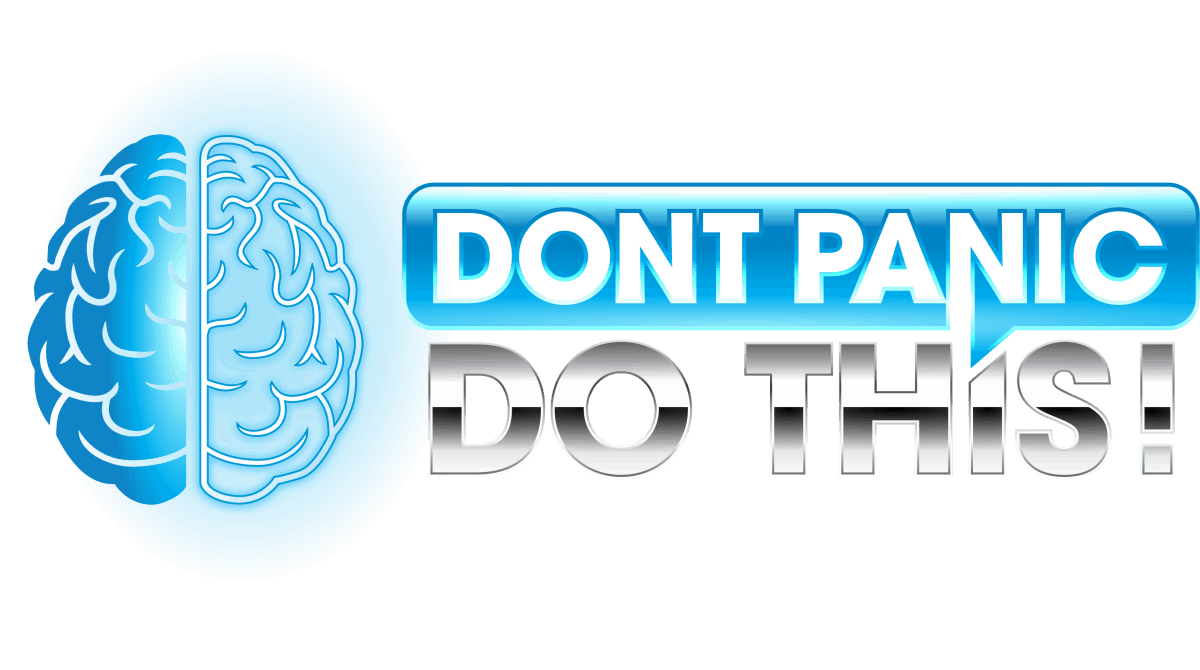Generalized Anxiety Disorder, also known as General Anxiety disorder or GAD, is characterized by a persisting or recurring state of generalized anxiety.
“Generalized Anxiety” is, in a nutshell, anxiety that is felt without any specific cause or trigger.
As its name implies, Generalized Anxiety Disorder occurs more broadly than other anxiety disorders. Compared to disorders like social anxiety disorder and phobias, GAD may be experienced for seemingly no reason at all.
People suffering from GAD may experience anywhere from mild to severe anxiety, either occasionally or on a daily basis. GAD is fairly manageable when the anxiety is mild to moderate, but may hinder those with severe anxiety.
Like most anxiety disorders, GAD can create a worsening cycle of negative thoughts. The more an individual worries about their anxiety, or avoids an activity, the more they allow their anxiety to spread and control them.
General Anxiety Disorder is diagnosed when a person finds their anxiety difficult to control on most days for at least 6 months, and when at least 3 symptoms are present.

Symptoms of Generalized Anxiety Disorder
- Nervousness or irritability
- Sense of impending doom
- The feeling that something “‘bad” is going to happen
- Increased pulse rate or irregular heartbeat
- Irregular breathing or hyperventilation
- Shaking or trembling
- Difficulty concentrating or feeling “off”
- Insomnia
- Gastrointestinal issues
- Sweating
Experiencing these symptoms in the absence of any anxiety-inducing stimulus may implicate General Anxiety Disorder. If these symptoms only present themselves after a specific anxiety-inducing stimulus, it may be another anxiety disorder.




Treatment
Generalized Anxiety Disorder is often treated with Cognitive Behavioral Therapy (CBT) and prescription medication (Buspirone, etc.).
While I cannot recommend CBT enough for treating GAD over time, hopping on prescription medications should not be taken lightly. While they may be necessary in severe cases, oftentimes medicating is just “putting a bandaid on a leaky pipe.”
A better solution to GAD may be to take a closer look at the possible root causes. Your psychiatrist, nutritionist, and endocrinologist are all great people to talk to about this.
Does Generalized Anxiety Disorder run in your family? If so, it is possible that you are genetically predisposed towards low GABA and could benefit from GABA-supporting supplements.
How is your diet? Have you ruled out a sneaky food allergy such as gluten intolerance which could be provoking an immune response and inflammation? Could unhealthy eating habits be leading to blood sugar spikes mimicking anxiety?
Exercise, yoga, meditation, and diet improvements are all excellent ways to conquer GAD, in addition to CBT.
Because of the frequency of anxiety associated with GAD, I recommend avoiding addictive or prescription medications. Medication has a time and place but, in my opinion, is best saved for severe instances.

